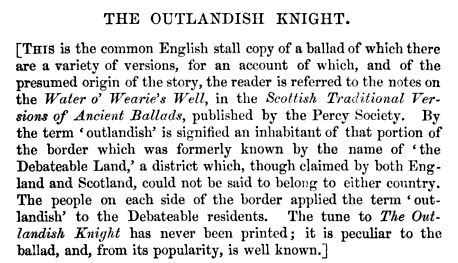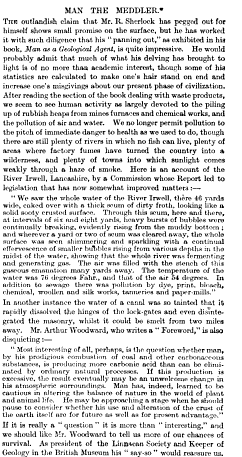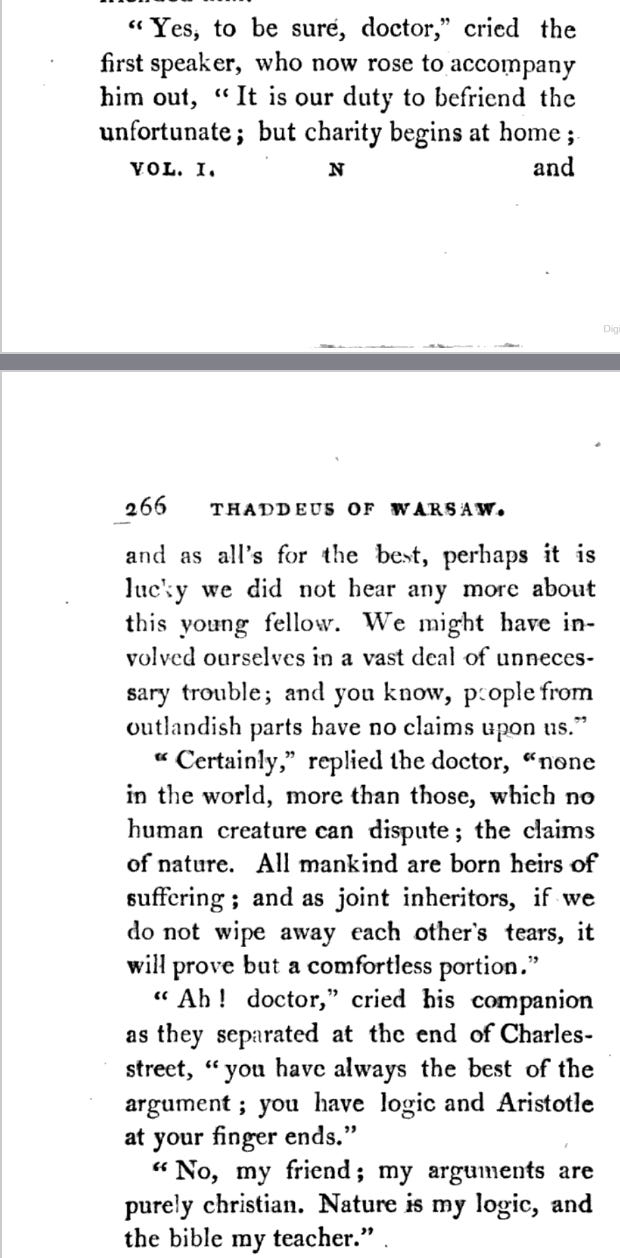Friday Fruit Salad: How have past outlandish claims held up?
Plus: Always remember to bribe the parrot.
I’m trying to remember to do these end-of-week smorgasbord posts. Happy birthday to Carl Linnaeus and the accordion!
In 1922, “outlandish” had acquired its modern meaning of “seems fake,” but the noun “claim” still could mean either “thing someone says is true” or “land someone says is theirs.” Similarly, “panning out” had its metaphorical meaning, but also its literal one: panning for gold and finding some. So this book review is able to start by punning—Robert Sherlock has staked out a claim that seems, unexpectedly, to be valuable.
The outlandish claim in question is that man has become a geological agent, reshaping the world to create what we’d eventually call the Anthropocene geological period. This takes various forms, each of which might have unwanted long-term consequences. The review, with a familiar light-hearted doomer style, highlights what the Foreword calls the “most interesting” question—are we emitting enough carbon to change the atmosphere? This seems like not really so much an “interesting question” as a “warning that we’re all going to die,” notes the reviewer, who then moves on to discuss legislative solutions, which I’m sure we’ll get around to one of these days.
Sherlock’s treatment of the issue is, well:
CHAPTER IX: CLIMATE AND SCENERY
The atmosphere is composed of three chief constituents : oxygen, nitrogen, and argon, with a variety of other gases present, some only as traces; krypton, xenon, helium, and neon being always present in definite though small quantities, and others varying more or less in their amount. Of the variable constituents, carbon dioxide and water are by far the most important, but there are also present ozone, hydrogen peroxide, etc. The water present varies widely in amount, but the carbon dioxide only slightly, and except in towns and some other places it forms about 3 parts in 10,000 of air by volume. This apparently small quantity is really of vital importance, for it forms an essential foodstuff of green plants, and therefore indirectly of all animals, since every animal, directly or indirectly, lives on green plants. In addition carbon dioxide has a powerful effect on climate, because it has the property of absorbing heat reflected from the ground which would otherwise be radiated into space.
…
This leads us to speculate on the probable effect on climate when the carbon of coal and petroleum is restored to the atmosphere as carbon dioxide by combustion.
No shit, Sherlock.
See also:
The outlander in question turns out to be an Englishman, just like the book’s target audience, and by virtue of his outlandishness ends up being very helpful; he knows science that his hosts don’t, and vice versa. The author would know. Born Elizabeth Smart, she was English and married to a French immigrant. Like her contemporary William Godwin, she wrote some of the first page-turner novels in order to hook people in to her radical messages.

This murder ballad’s evolution can be traced back to the 8th-century Carolingian dynasty. The title villain has been variously foreign, fae, or witchy. The story is unusually fun for the genre, and it’s easy to find modern recordings of the ballad.
In the version given here, a young princess is wooed by an outlander and agrees to elope with him. He asks her to steal some of her parents’ money and two of their best horses, so she sneaks out at night, and together they ride to the seaside. At which point, the “knight” gives the bad news.
Light off, light off thy milk white steed
And deliver it unto me.
Six pretty maids have I drowned here
And thou the seventh shall be.
She wore fancy clothes for this event, so he asks her to strip first so that they’re not ruined during the murder. She tells him she will, but only if he looks away while she does, “for it is not fitting that such a ruffian a naked woman should see.”
He turns his back, and she immediately grabs him by his slim waist and throws him into the water. Drowning, he tries to switch back to romance mode to get her to rescue him, but no dice.
Lie there, lie there, you false hearted man.
Lie there instead of me.
Six pretty maids have you drownèd here.
And the seventh has drowned thee.
While sneaking back home during the last hours before the dawn, she makes a bit too much noise. The king’s parrot wakes up and spots her through the window. It asks her where she’s been—was she with a man? She frantically tells the parrot that it needs to keep all this a secret, and in exchange she’ll give it the fanciest, most comfortable cage imaginable, made of gold and ivory. But the king has now been woken up by the parrot’s voice. He doesn’t see his daughter, so he asks the bird why it’s awake and making noise when it’s way too early. “I SAW CATS!” squawks the parrot, and everybody lives happily ever after, except for the ones who are dead.






